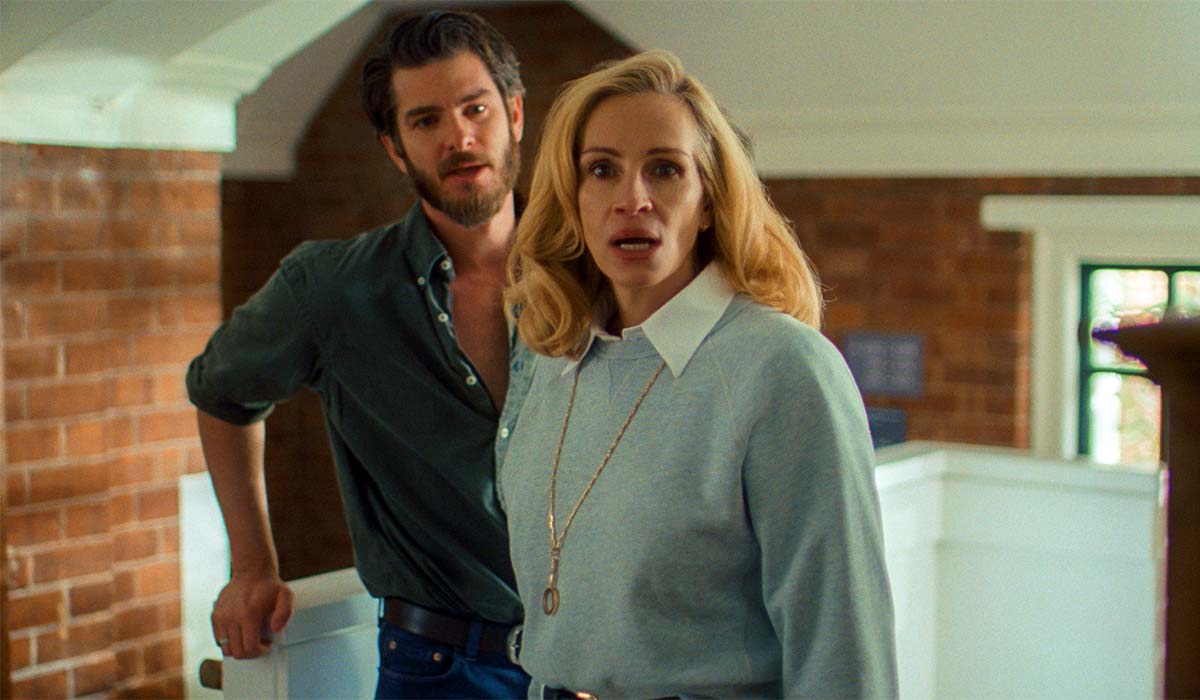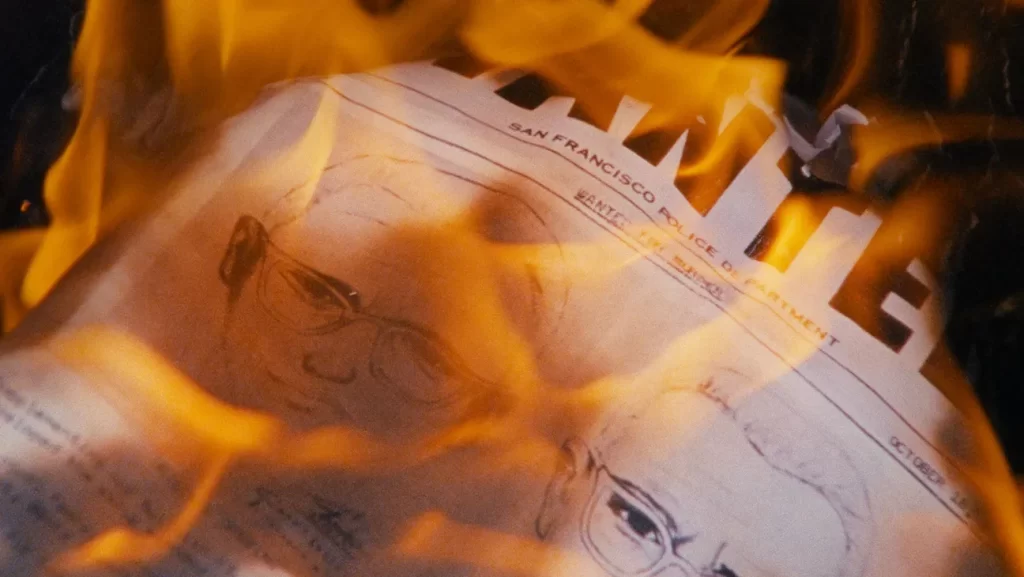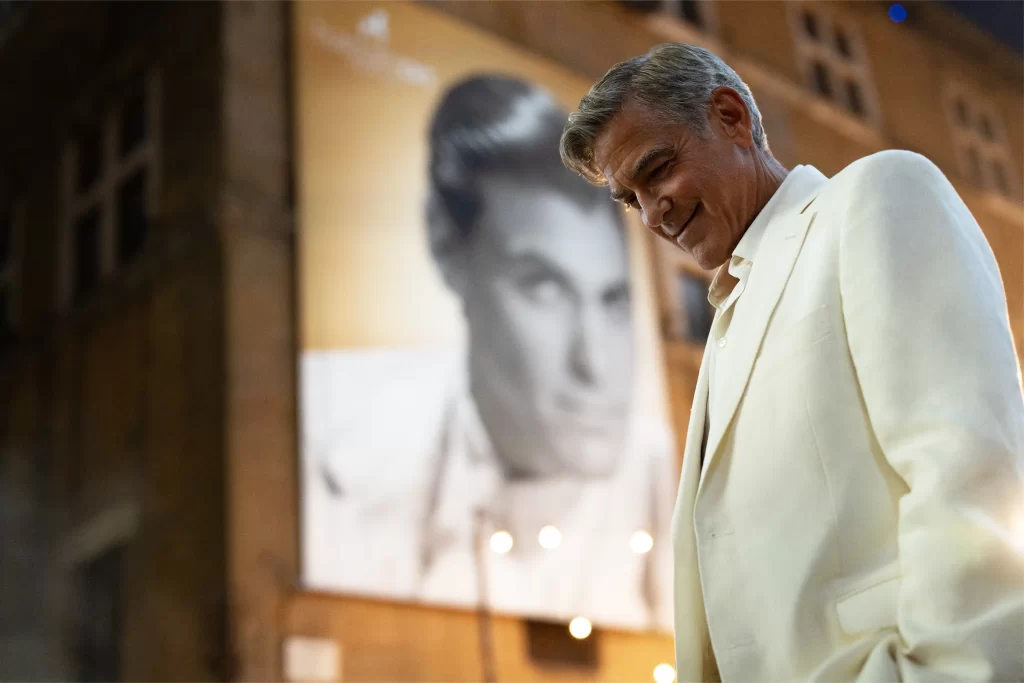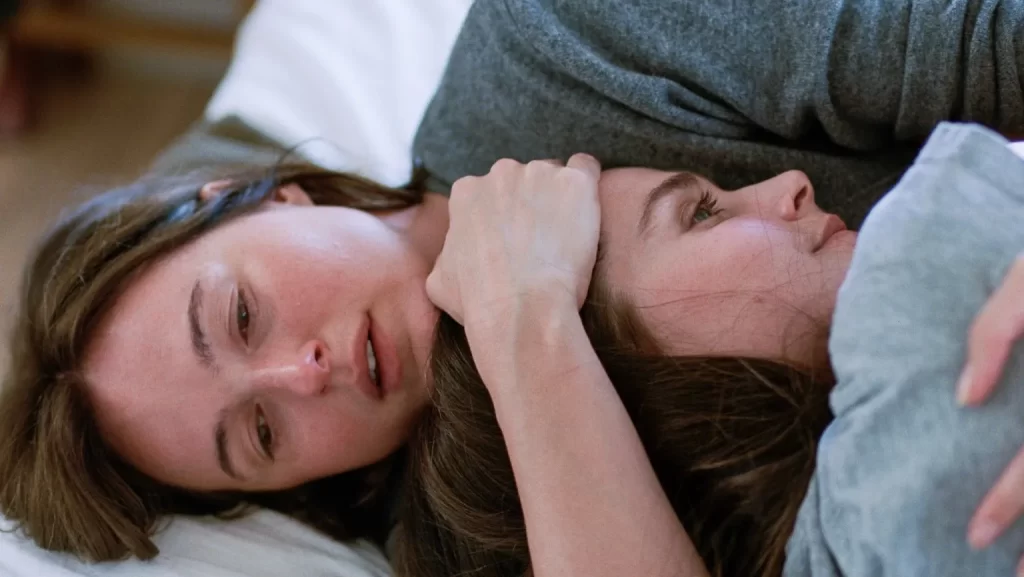Perhaps as implied by its title, After the Hunt is far less concerned with its inciting incident—the sexual assault of a Yale PhD student by a professor that may or may not have happened—than by what follows. Luca Guadagnino’s psychological drama spends its energies on the aftermath of what happened and its effects on its three central characters, but the force of its ire isn’t directed at the possible sexual assault itself or the potential of a false accusation. Instead, he seems most aggrieved by the students’ sensitivities and their coddled existence. For a filmmaker who just last year made a film imbued with youthful energy, After the Hunt feels like a 140-minute rant from some insufferable dude at a party about kids these days. I wouldn’t begrudge Guadagnino that sentiment. But it feels like maybe how easily offended twenty-somethings are shouldn’t be the worst thing that happens in a movie that focuses on an act of violence and violation.
First-time screenwriter Nora Garrett centers her script on the perspective of Alma (Julia Roberts), an adjunct philosophy professor at the Ivy League school who is angling for tenure alongside close friend Hank (Andrew Garfield). Alma and her psychoanalyst husband, Frederik (Michael Stuhlbarg), host a party attended by faculty and students alike at their well-appointed apartment, where the conversation includes words like “teleological” and one partygoer bemoans the state of the world if you’re a straight, cis white guy, causing Alma and her favorite student — black, queer woman Maggie (Ayo Edebiri) — to debate the merits of his embarrassingly terrible argument.
As the party winds down, Hank and Maggie leave together, and Alma glimpses their mutual exit through her peephole. After missing class, Maggie later shows up on Alma’s doorstep, saying that Hank “crossed a line” after asking to come up for a drink. Alma is caught between trusting a woman’s claims that she was raped and believing that someone she trusts is capable of such an act. The scandal explodes on campus and beyond, with ramifications that grow ever more complex for everyone involved.
That complexity is part of After the Hunt’s downfall. Garrett’s screenplay is doing a lot—too much. It’s less concerned with developing its hastily sketched characters or giving them motivations that make even a little sense, and more interested in just throwing everything at the wall. There’s a weird fascination with the naked body of Maggie’s nonbinary partner, who exists merely for the camera to gawk at and for the inevitable conversation about their pronouns. In a tertiary role as Alma’s husband, Stuhlbarg’s Frederik is especially thinly drawn; for most of the first half of the movie, he’s seen as easygoing and charming, but a scene midway through paints him as monstrous. By the end, he’s back to being After the Hunt’s most sympathetic person in a tender scene near its finale. Yet even with more screentime, its three main characters played by Roberts, Edebiri, and Garfield are just as opaque in their motivations and machinations. After the Hunt doesn’t consider these characters as real people, just as means to make a lecture about cancel culture.

Power and money are also part of the game that’s being played; there’s the imbalance between professors and students, as well as the ability of an accusation to ruin a career. However, there’s more at play, since Maggie’s unseen parents are major donors to the school. There’s also the unexplained and uncommented-on wealth of Alma and Frederik. Adjunct professors are notoriously underpaid, and while psychoanalysts make very good money, do they earn enough to own a huge place in New Haven filled with art and a second apartment kept just for Alma to use as an office and crash pad? Yet this is a Guadagnino picture, and elegance and affluence are de rigueur rather than something that needs to make any sense in the real world.
Meanwhile, as to be expected for a film set in academia, After the Hunt’s costumes aren’t as glamorous as what audiences usually get in a Guadagnino movie. Roberts’ Alma is the exception, but even she wears what boils down to a uniform for most of the film: white shirt and jeans with the same necklace, loafers, and tote bag, with a rotating cast of blazers. There are some lines of dialogue that get barks of laughter, but its funniest joke might be putting real-life style icon Chloë Sevigny in drab, dowdy suits in a supporting role as a psychiatrist.
At times, After the Hunt seems to aim for the cutting, cruel thrills of films like Closer and Notes on a Scandal (or Guadagnino’s own A Bigger Splash and Challengers), but it lacks their wit and bite. There’s not much to sink your teeth into other than a marvelously layered performance by Roberts. She’s alternately sharp and soft, with a cool exterior guarding a passionate past. This is a pretty messy, kinda dumb movie that’s ostensibly about smart people, but it doesn’t leave the audience with anything more worthwhile than a desire to buy a tweed blazer.
C-
“After the Hunt” is in theaters this weekend.



